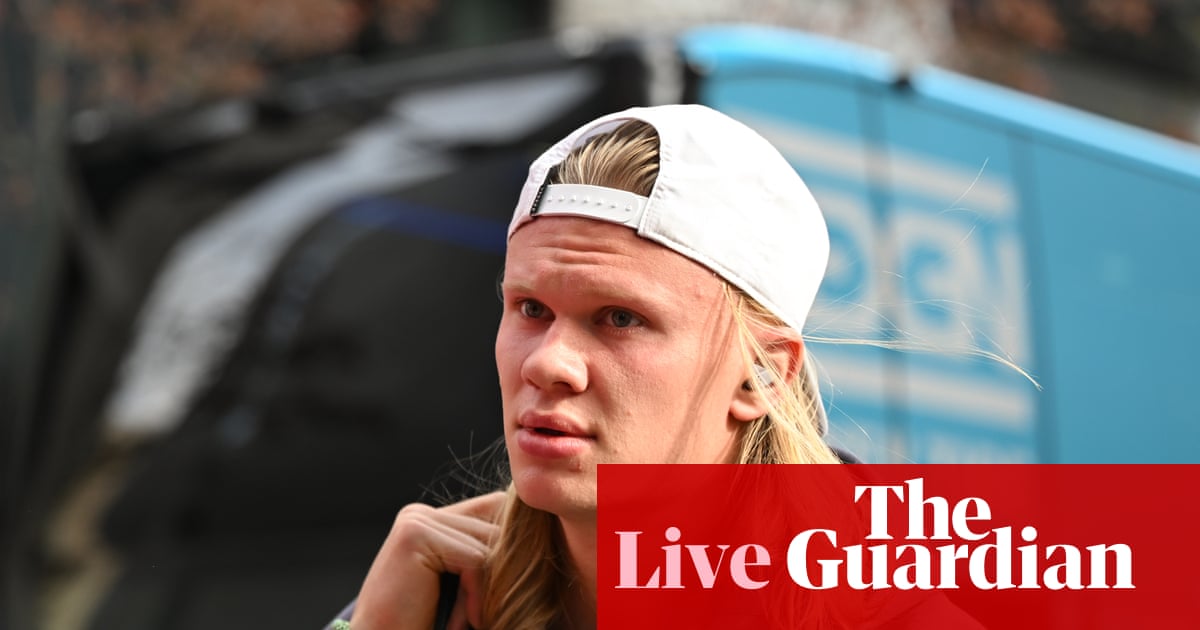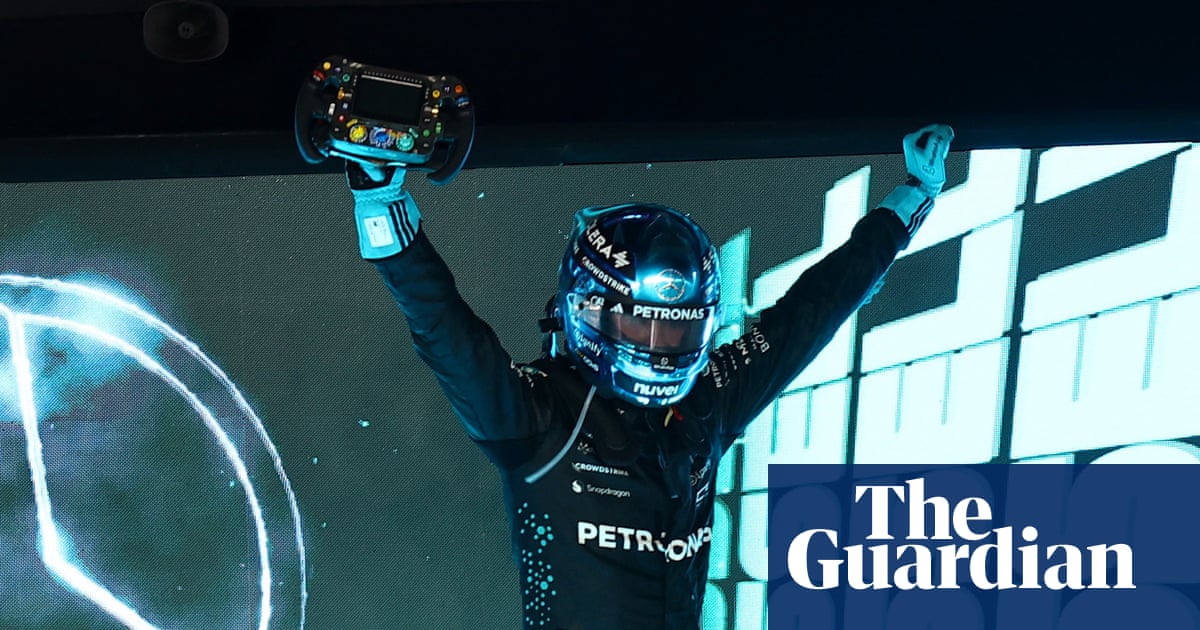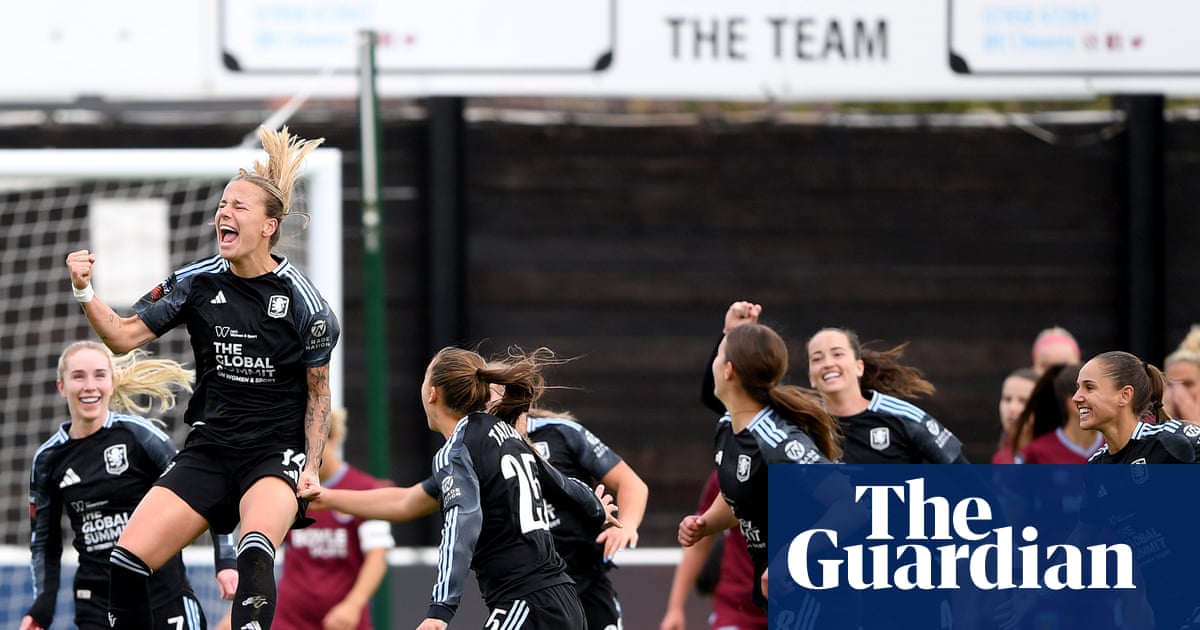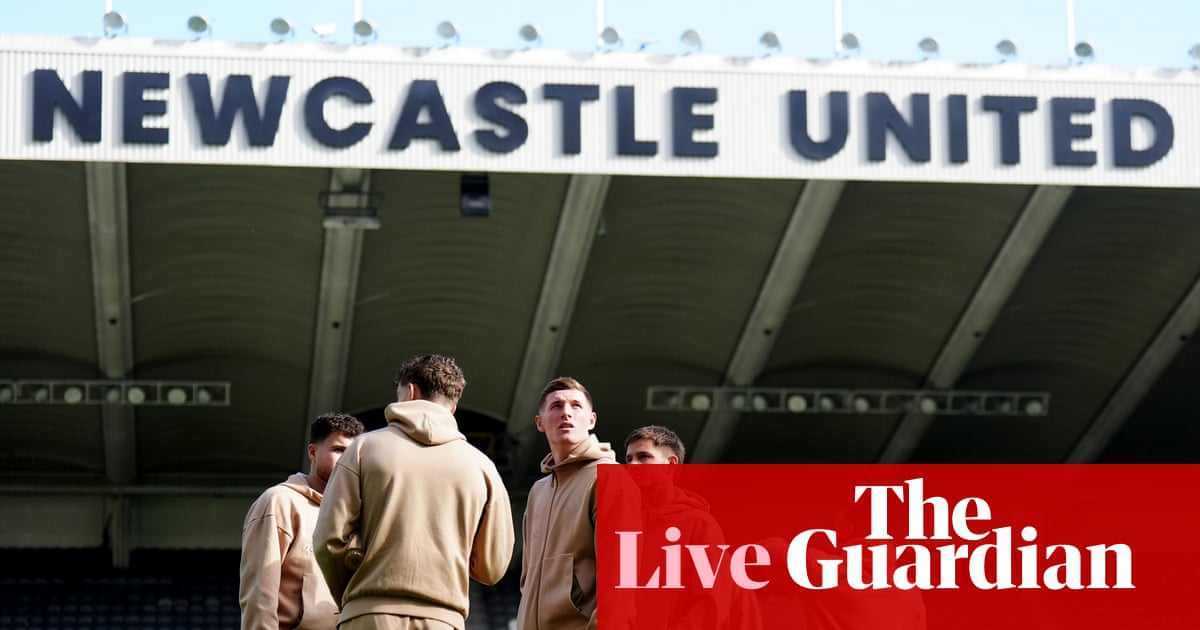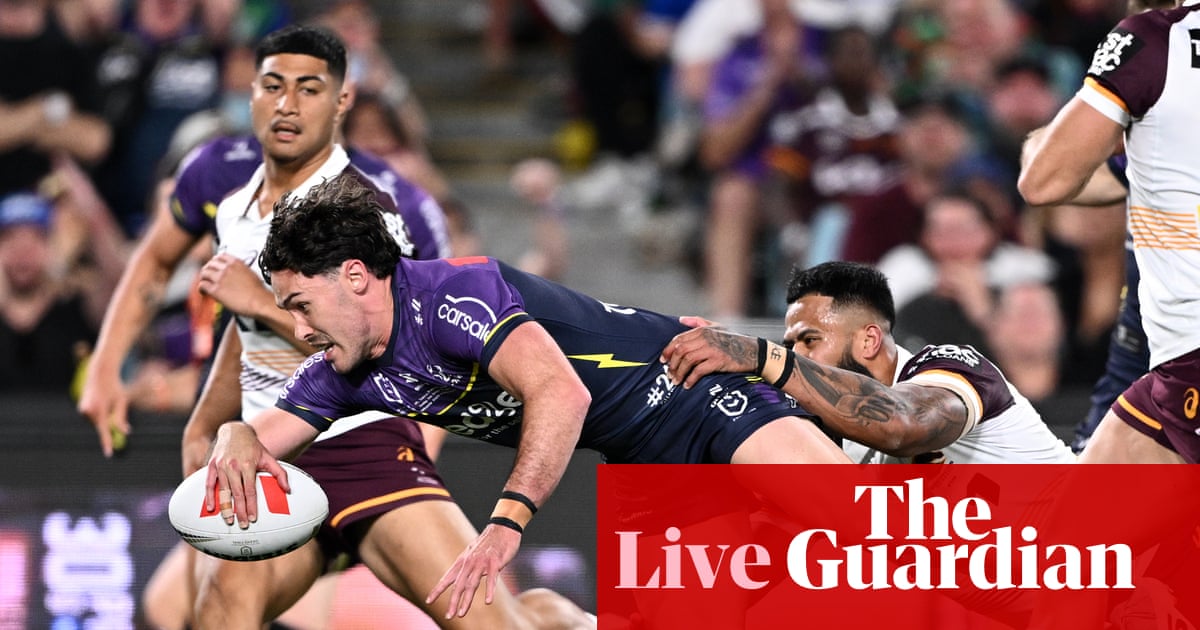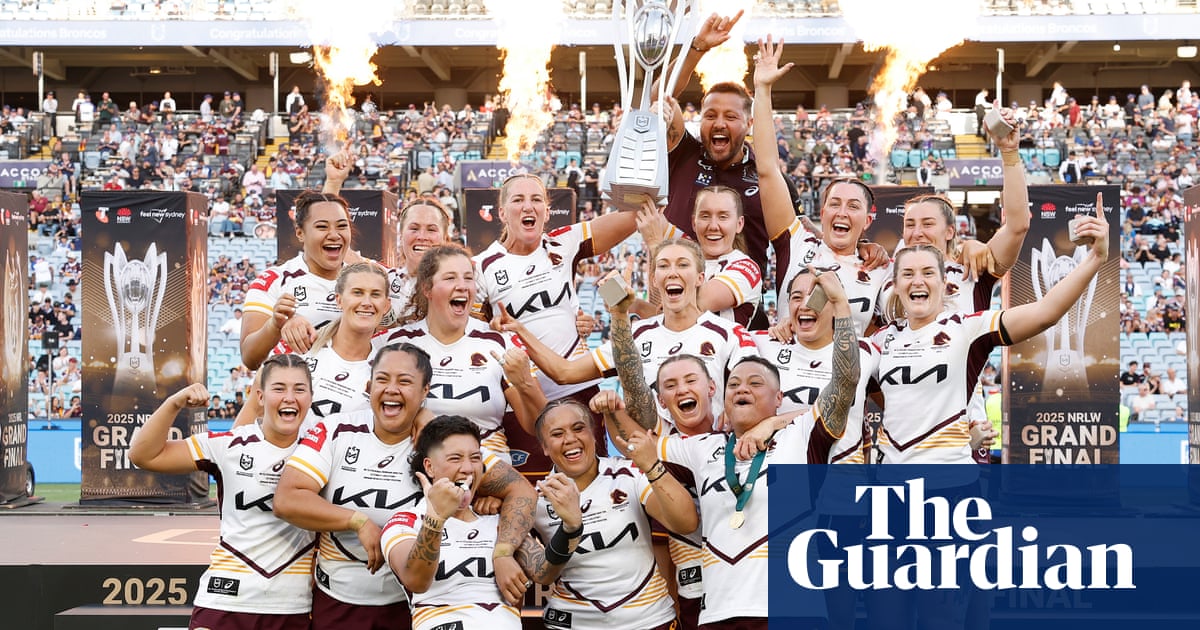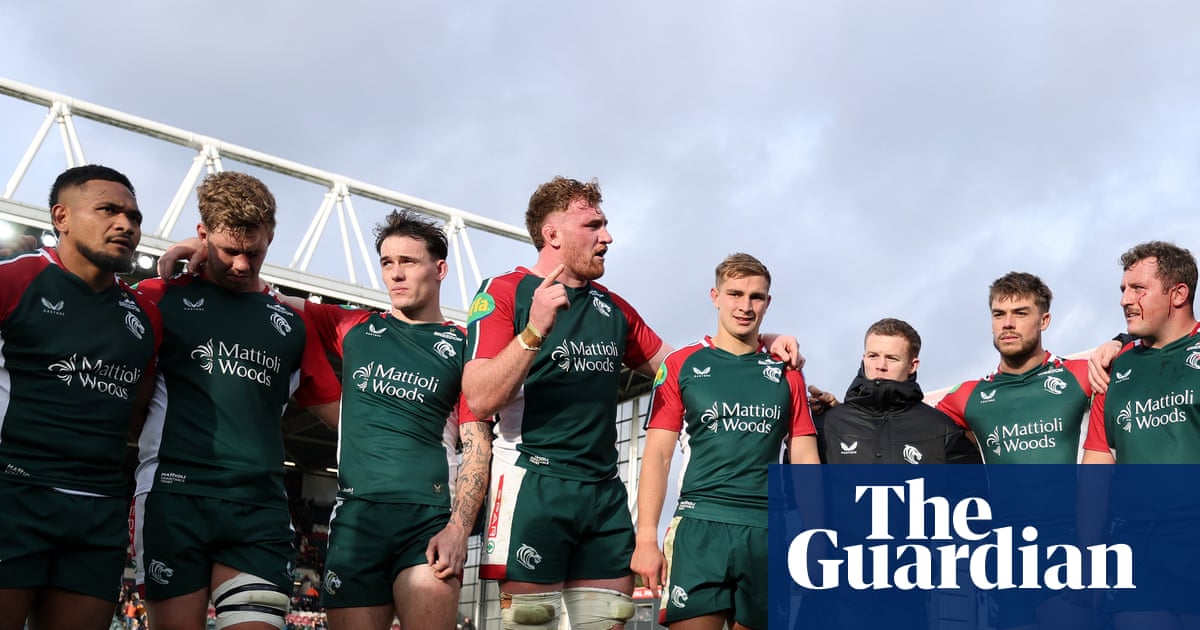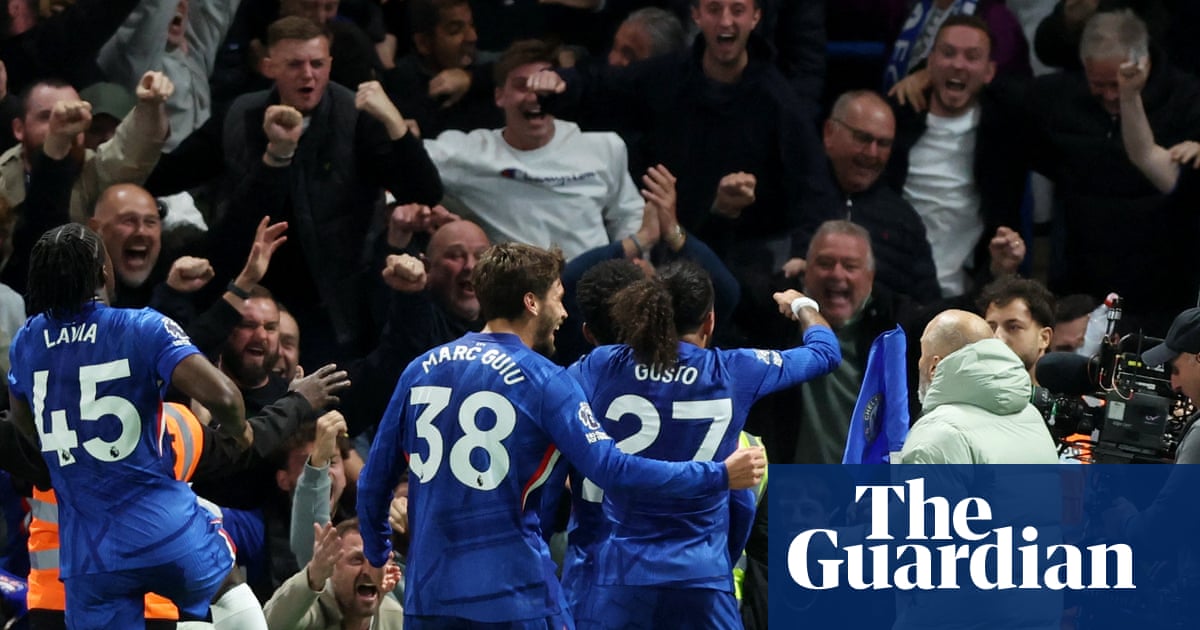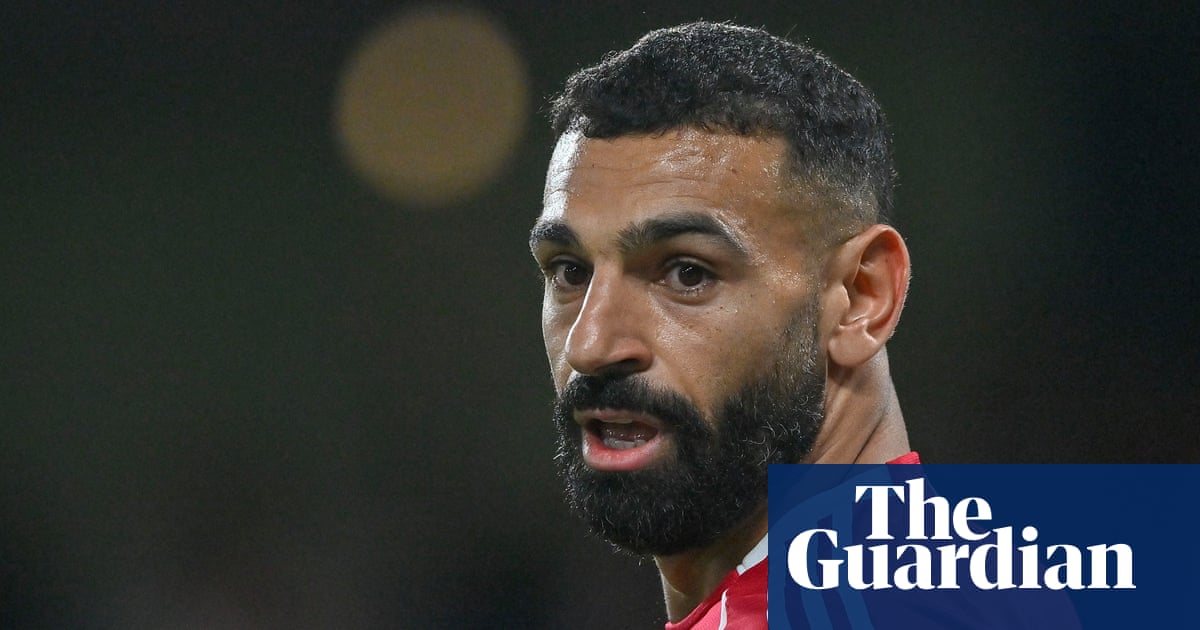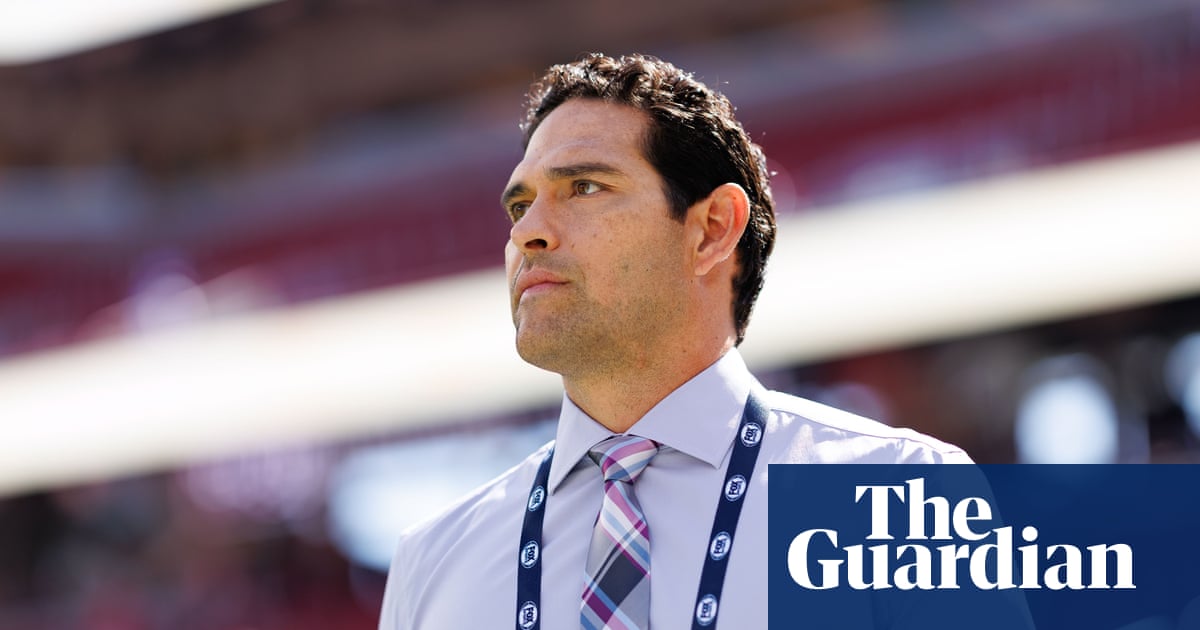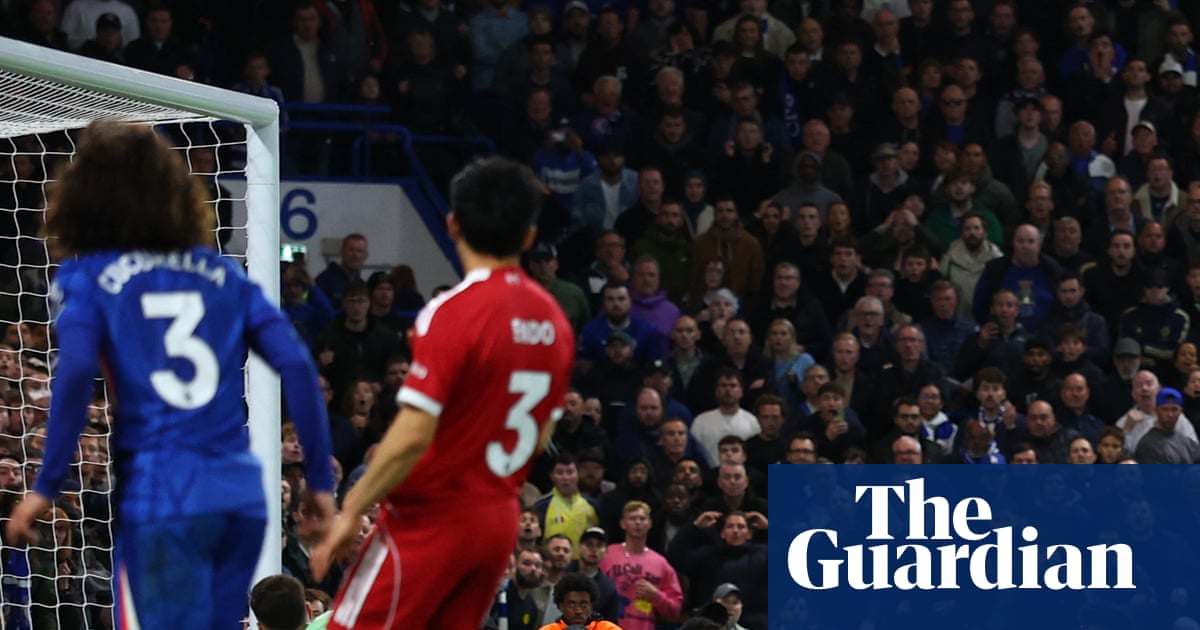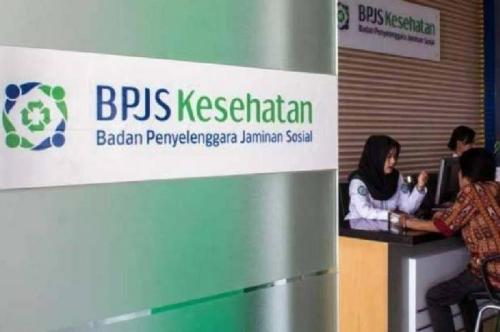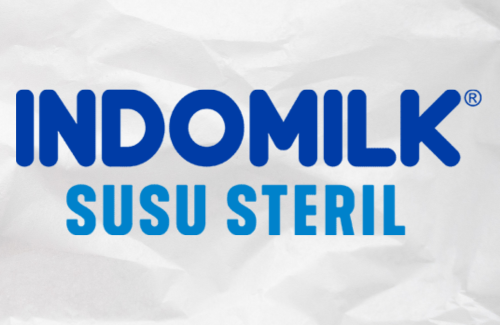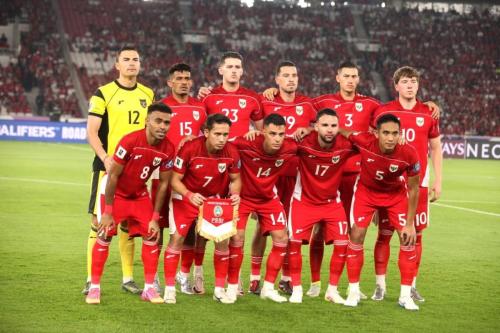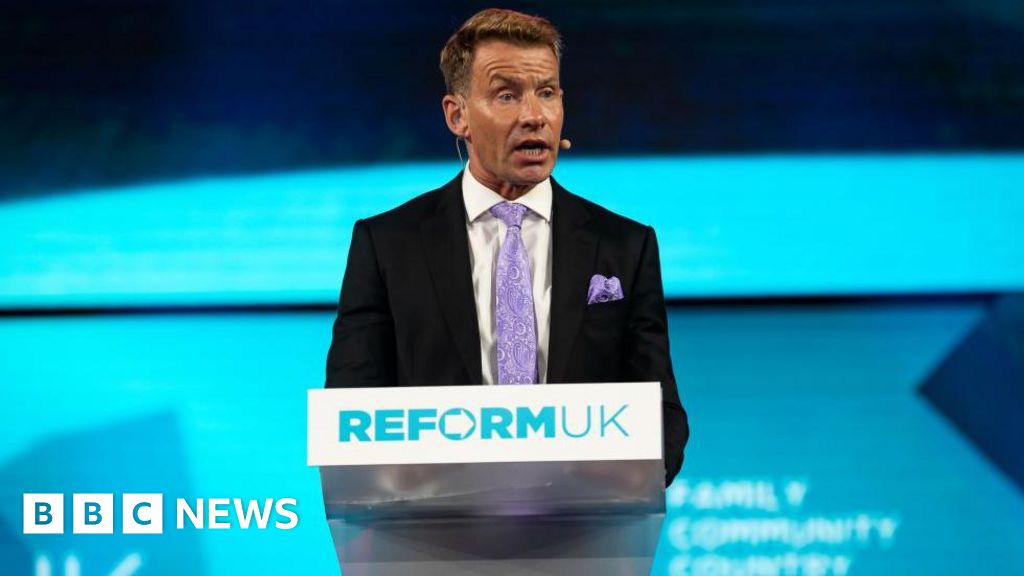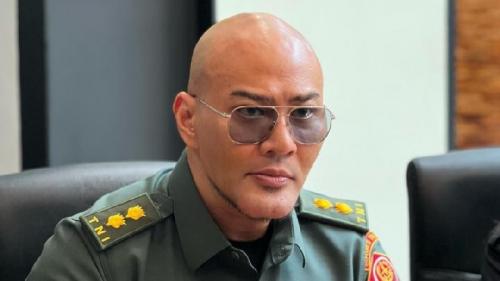Saturday night’s cracker between Castleford and Wigan at Wheldon Road was typical of Super League’s multicultural nature. The bulk of the away team’s points were scored by Australians; a Samoa international from Christchurch was the home side’s main creator; and a player born in Sydney with Maltese heritage was among the game’s outstanding performers. Castleford, with five overseas players, were narrowly beaten 26-20 by Wigan, who had four imports in their side.
Given that both teams are allowed seven overseas players, it seems strange that Super League clubs may vote next month to increase next season’s quota from seven players not trained in the European Federation to 10. Some clubs are already offering contracts based on the assumption that things will change.
More than one coach has complained that, when three or four of their star imports are injured, they have been unable to replace them with players from abroad. That has led to a motion being tabled that would allow clubs to sign up to 10 imports but ensure that matchday squads remain at seven out of 18. Without that, we could see a repeat of Halifax in the late 1980s or London Broncos a decade later, when almost all of the starting 13 were antipodeans.
Given their huge wages, most established NRL regulars are out of reach to Super League clubs, hence the RFL recommending that the Home Office issue work permits to players from Australia’s second-tier state competitions. That has led to an influx of players from the Queensland and New South Wales Cup, with clubs towards the bottom half of Super League willing to gamble on finding some gems in the rough.
It does not always work. Castleford have just released three Papua New Guinean forwards they signed from the Queensland Cup, but they fielded Joe Stimson against Wigan only two days after he had arrived from Brisbane Tigers. When it does work, the head of recruitment is seen as a genius. Typical of the new-style imports, Zac Cini is repeatedly impressing for Castleford at full-back four years on from his last appearance in the NRL, proving the step from Australia’s second tier to Britain’s first can be smoothly traversed.
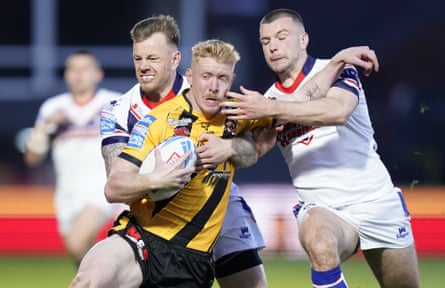
“It is surreal playing against a world-class team, but I’m working towards making that feel more comfortable,” said Cini after another surefooted display against Wigan. “The physicality in Super League is bigger – there’s a difference in the reffing of the speed of the ruck, so the defence get a lot more line speed and are looking to hit you harder. So I try to find space and avoid that with my footwork.”
Cini, who joined Wigan from the Parramatta Eels reserve team, has swapped living in Penrith for Pontefract, where he has settled with his young family. The Australian with roots in Malta is convinced that many other players could also blossom if the quota increases. “There’s so much talent in the NSW Cup that, just based on numbers, doesn’t get an opportunity to show what they can do. If they can come over here and play at the highest level, that’s a big achievement and brings out the best in people.”
Just down the A655, another under-the-radar recruit has lit up Super League. When Wakefield signed the young prop Caius Faatili from Australian club Wynnum Manly Seagulls at the start of the year, he was not expected to have a big impact. But the New Zealander with Mick Hucknall hair and a Mick Cronin offload has proven to be one of the most exciting and dangerous props in the competition.
“When we watched him play in Australia, I wasn’t sure,” admits Wakefield coach Daryl Powell. “He’s a bit different, but he’s got good control. He’s not spraying the ball anywhere. He makes good decisions. It’s taken him longer to settle than people think. He came in late and missed pre-season and I was only giving him 10-minute stints as he wasn’t handling the defensive side of the game. He never complained and got fitter and better. Now he’s starting games. He wants to work; he takes two carries in every set if he can.”
Faatili is quickly becoming a cult hero at Belle Vue and Powell can see why. “He’s worn red suits and his hair’s a bit different. He’s a bit out there, but that’s why he’s perfect for this country. In Australia they like what they know. We’re trying to put bums on seats over here. You want to enjoy watching a game and I’d pay to watch us.”
Unearthing undervalued gems has always been an aim for British clubs but leading agent Graham Taylor, a Scot based in France who is against any quota increase, believes Pacific bargains can be misleading. The additional costs – visas for the family, flights, accommodation – can add another £20,000 to any signing.
One subtle way to slightly increase the quota would be to exclude non-federation trained players now eligible via residency to play for a home nation or who have UK citizenship. Six years after signing for Wigan from the NSW Cup side Wentworthville Magpies, the Australian Bevan French is a superstar of the sport and eligible to represent England – as soon will be his fellow Australian teammate Jai Field.
The Scotland internationals Lachlan Walmsley and James Bell have both played in British competitions for more than five years yet are still considered foreigners, which will have an impact on their next moves: the Australian-raised winger Walmsley is expected to leave Wakefield in October as they have lined up a new signing for his quota spot, and the St Helens forward Bell, from Auckland, is being linked with Hull FC. Both would interest every Super League club if taken off the quota.
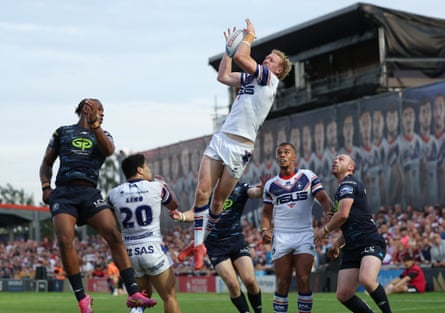
While Cini shone at full-back, seeing the winger Will Tate from Scunthorpe and the hooker George Hill – a product of North Derbyshire Chargers – excel against Wigan left the Castleford coach, Danny McGuire, cautious about backing any increase in the quota. “I’m not sure,” said the former England and Great Britain half.
“I don’t want to see young British players stifled, which would be my big concern. There are some good kids in the academy who need looking after. But I’m not sure we’ve got a big enough pool of good players for the competition at the moment, so perhaps we do need to look at other quota spots, especially if we’re looking at bringing more teams into the comp. It’s a balance: you’ve got to get your top-end recruitment right and you’ve got to develop players. We need to be better at both.”
Experienced imports are not always the answer. With French out for eight weeks, the local youngster Jack Farrimond has been given an extended opportunity to prove he is Wigan’s next diamond. “He’s a good player, that’s why he’s here,” said his boss, Matty Peet. “I’ve told him I don’t want him to be patient, I want him to be playing so well I’m being told I’ve got to keep him in. It’s not about lowering the standard to make room for young players; it’s them climbing over the top of people and creating competition.”
Fifty years ago Wigan and Castleford had only one overseas player each. The 16 First Division clubs had 23 Welshmen but only six Australians and not a single Kiwi or Frenchman. They would all find the current quota debate somewhat perplexing.
One more thing
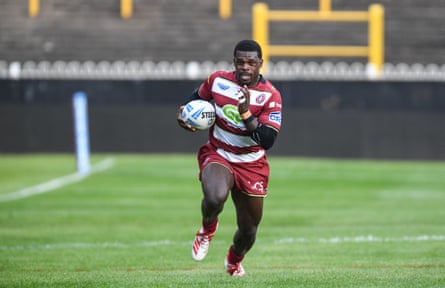
We’ll have to wait for Super League’s first player from the Royal County of Berkshire. Just before kick-off on Saturday night, Peet opted to replace the injured Liam Marshall with Jacob Douglas rather than give Christian Wade his debut. The former Buffalo Bills running back did the full warm-up and then watched the contest from the bench. “He’ll have learned there are no easy games, especially as a winger in this sport, which I think he knows,” said Peet. “The amount of work he’s done, the footage he’s watched with coaches, smashing teammates with pads and executing the basics of rugby league, has been impressive. He’s trained quite a bit in the left wing position and done really well but I just think Dougie is in front of him at the moment.”
Follow No Helmets Required on Facebook
.png)
 3 months ago
31
3 months ago
31
